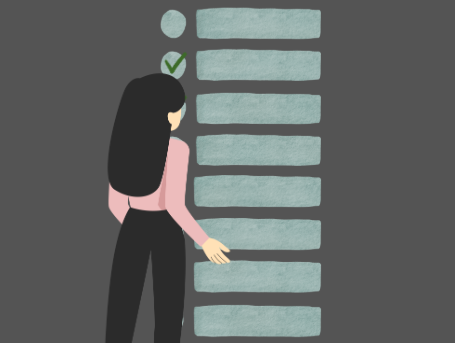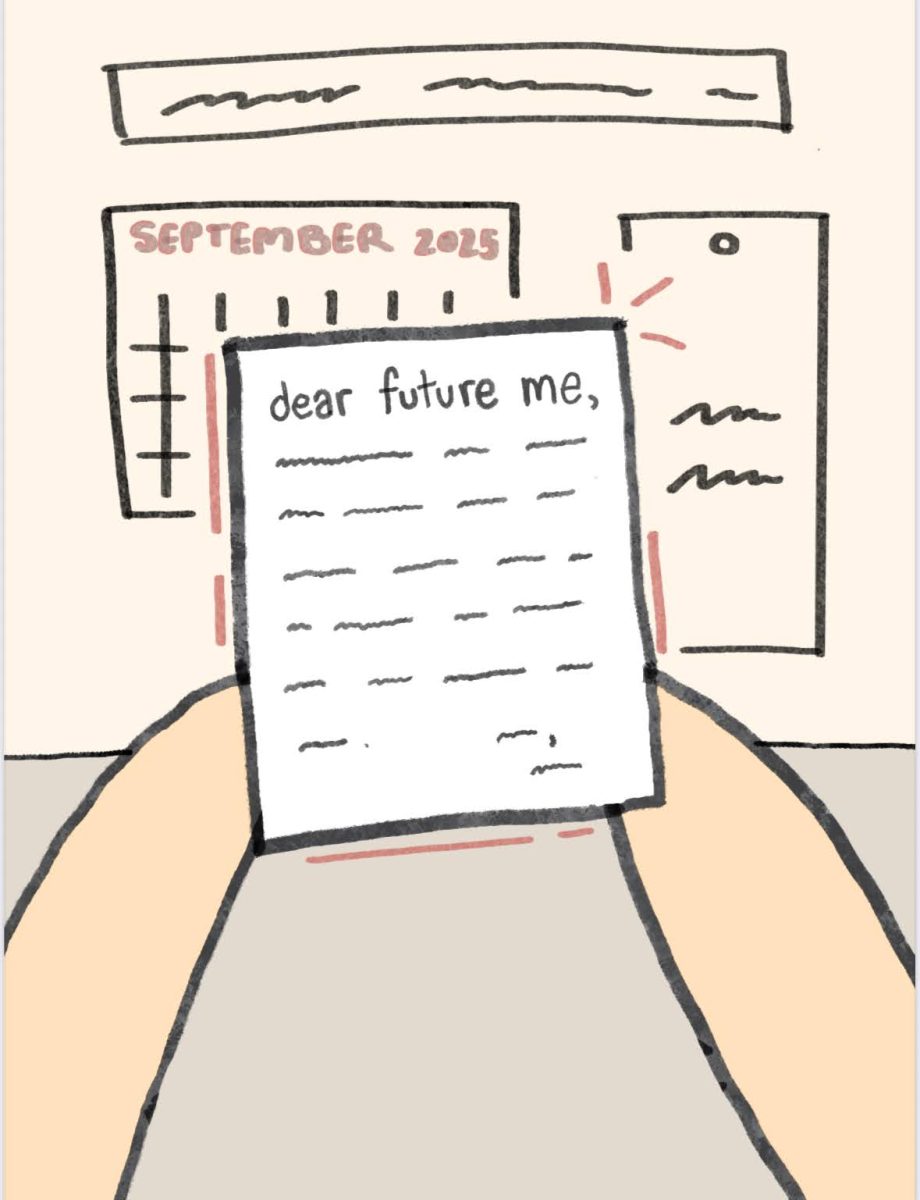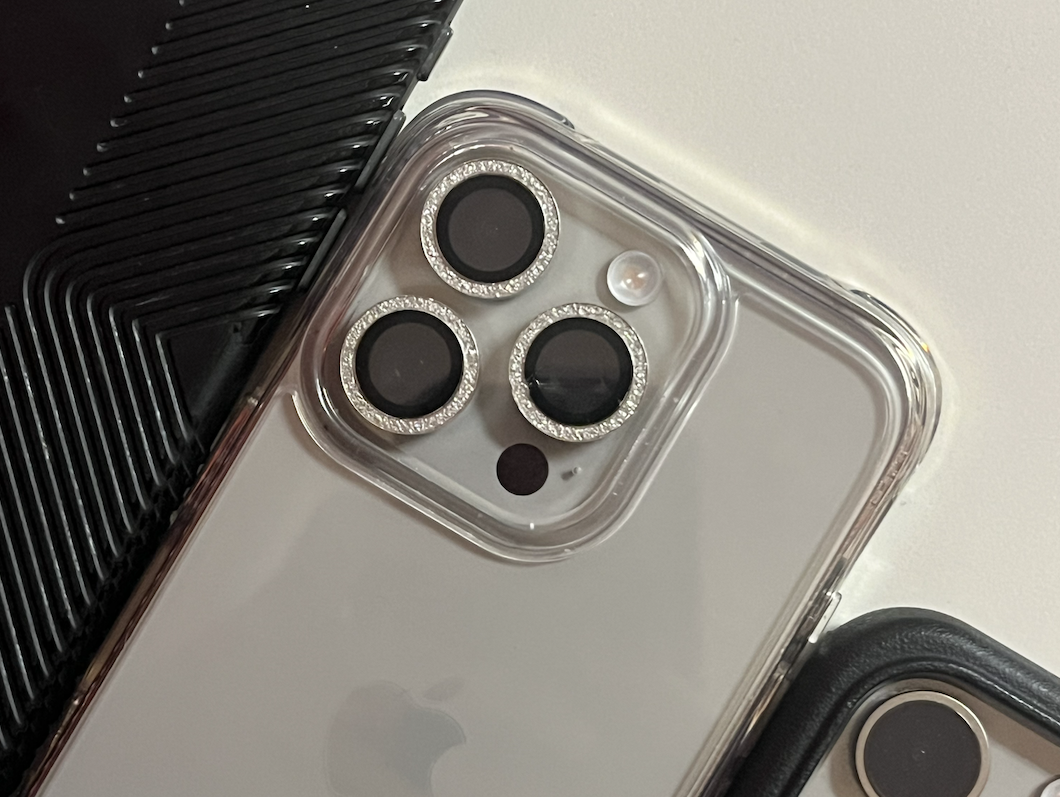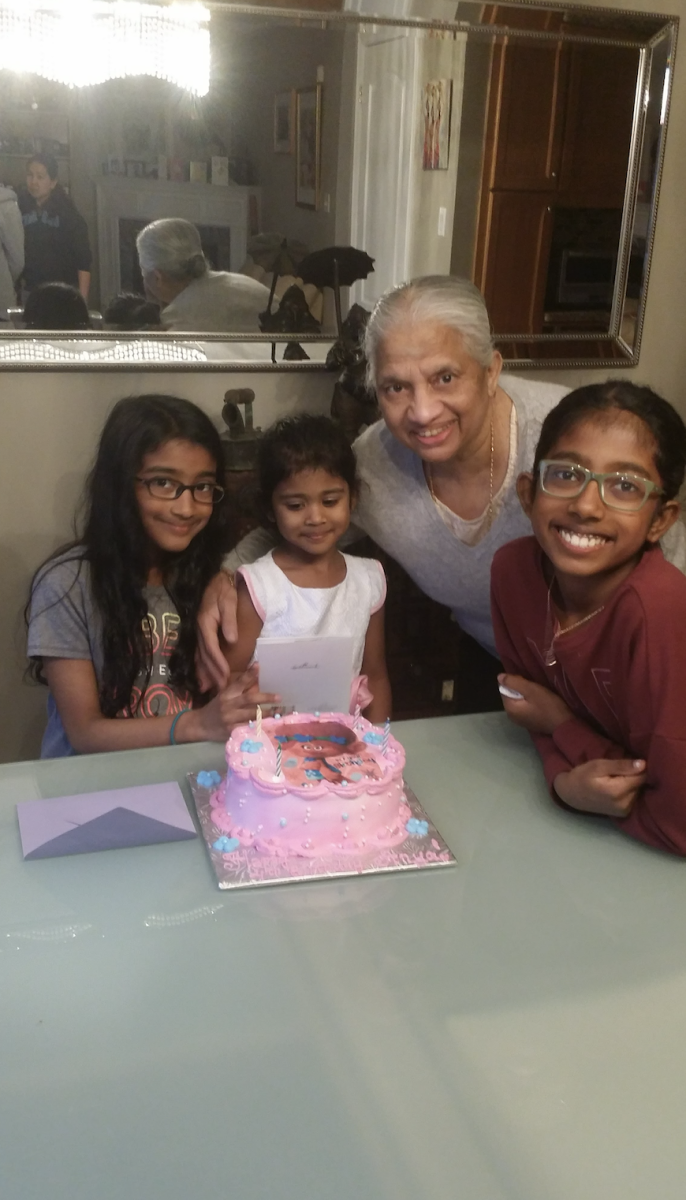In an age where productivity, overtaking, and multitasking steadily rises, the presence of what is known as “hustle culture” becomes increasingly prominent. But how is hustle culture affecting us? And is the effect entirely positive?
To define hustle culture: it is the mindset that promotes constant, relentless effort towards achieving success, often prioritizing work over rest, self-care, and personal well-being, constantly striving towards a continuous “grind.”
Personally, while attempting to reach the ideal “hustle” of a packed schedule set for “success” with all and complete aspects of schoolwork, family life, and social life, I became burnt out. Instead of achieving the romanticized ideal of a productive and overtaking schedule, I was constantly stressing out over the next task I had forced upon myself. I became more focused on the prospect of achieving “true” hustling instead of the benefits and results that hustle culture aims to achieve. Incredibly quickly, I decided to give up on trying to fit into the ideals of hustle culture.
When I’m asked that question of “what did you do this weekend?”, the answer of “nothing” didn’t seem right. Without meaning so, the voice and tone that accompanied the “nothing” that I responded with was always meek and sorry, as though admitting to a wrongdoing. But was the time that was spent to rest, to recharge actually considered nothing? And if so, is “nothing” really a negative thing?
In hustle culture, the idea of self care, rest time, etc, is deemed as unimportant as it doesn’t in any way help us reach our idea of success. Though it is typically true that time spent cuddling with our pets, going on walks, sleeping, etc. do not have any relation in any way to the success we work and work to achieve, I came to the realization that we are unable to function without this time dedicated to ourselves. I found that mental and physical rest time are the foundations for the success that we want to achieve through hustling. With the few days where I “truly” hustled, I found myself tired and weary, unable to actually enjoy the benefits that came from all the work and hustle. Ironically the days leading up to my “true hustle”, I rested and did “nothing”.
Ultimately, when it comes down to the goal of hustling, it is for the betterment, the enrichment of the lives we live and futures that we want for ourselves; the happiness of ourselves. Although achieving to the best of our ability— as hustle culture constantly strives to, is important, it is critical to know where the line for “best of our ability” with happiness lies, and the time needed just for ourselves that lies within the line.










